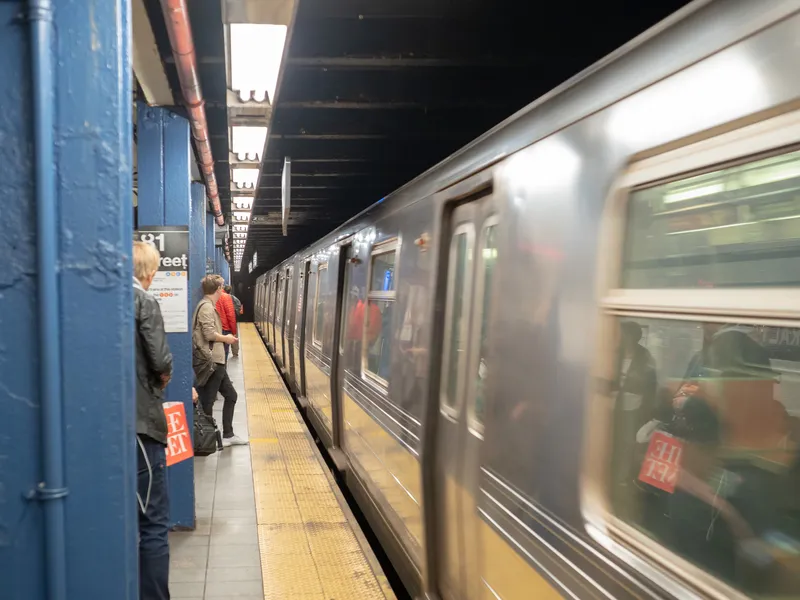Designed with some of the most challenging parking environments in mind, especially shopping centres and transport hubs, the WPS ParkAdvance system is built around a new IP-based operating system architecture that enables it to simply and directly connect with multiple technologies being deployed in car parks both now and in the future.
The pay stations feature full colour display screens that are fully configurable from a central control room, and can include audio/video instructions and a two-way video intercom to assist customers where needed. The technology has comprehensive cash and card handling options as well as accommodating the latest payment technologies, and integrates seamlessly with a wide range of identifiers from ticket barcodes and
According to WPS, the IP-based architecture enables a number of possibilities including online/remote back up; direct web interfaced reservations; and ease of access and management of loyalty schemes including full integration with online apps. It also facilitates payment through third party apps, online data reporting, and self managing subscribers both via integrated internet and pay station routes.
Product Test
Product Test
August 1, 2014
Read time: 1 min









